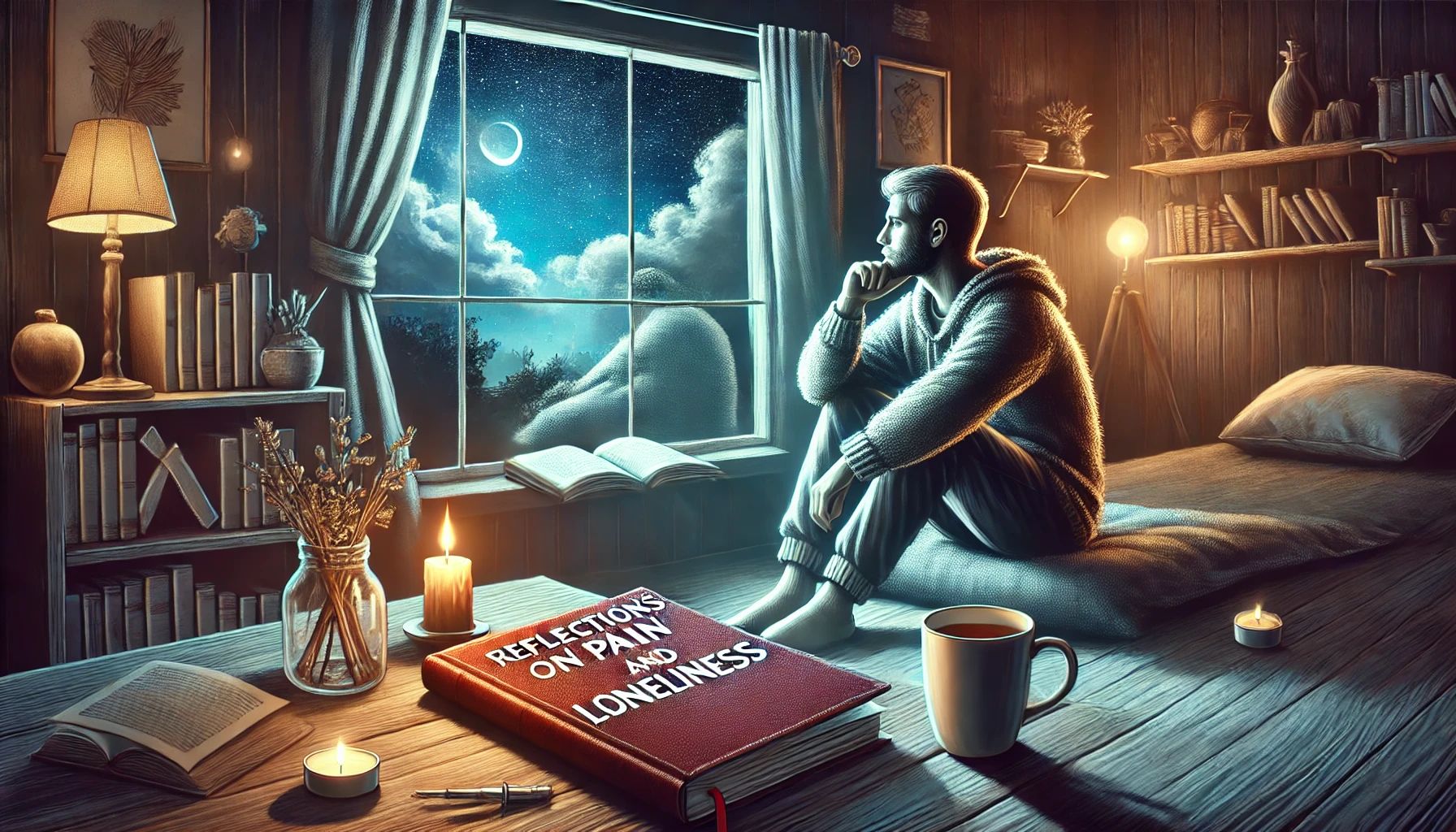
In my recent readings of Orwell, I stumbled upon reflections that eerily mirrored my own thoughts on the intricate relationship between mind and body. Some might find these musings decadent, others weak-willed, perhaps even unworthy of a true Christian. Yet, I make no claim to exceptional fortitude or the esteemed title of a devout Christian, despite my aspirations.
The crux of my contemplation revolves around the profound influence our bodies exert over our lives, often without our full awareness until discomfort sets in — be it pain, hunger, or thirst. How difficult it is to immerse oneself in meditation, prayer, or lofty ideals when one simply needs to heed nature's call. The body, like a relentless taskmaster, dictates its needs, often overpowering the noble aspirations and sentiments of the mind and soul.
While I acknowledge that some have mastered their bodies, bending them to the will of reason and discipline, they appear to be a minority. I often ponder the role luck plays in this struggle, the genetic lottery that determines our physical robustness or fragility. I can't help but harbor frustration and even anger towards this fleshy vessel that demands constant care, special diets, medications, and other such inconveniences. Life seems to pass in a ceaseless battle against this corporeal nuisance.
However, my thoughts veer towards another direction — towards pain and the inevitable solitude it brings. Have you ever been truly ill, not just with a passing cold but something more profound? In my youth, I faced such moments with a cavalier spirit, dismissing illness as a fleeting inconvenience. Now, with age, physical and emotional pain seem to erect thicker walls around me, isolating me in a cocoon of suffering.
Growing older should ideally bring wisdom and acceptance, yet it often amplifies fears and anxieties. I find myself less inclined to share my burdens with others, for what solace can they offer when my pain is mine alone to endure? Even amidst caring family and friends, sympathy feels like a distant echo from within my personal cocoon, where I grapple with fear and discomfort.
As I walk through life's routines, engage with friends, or teach, I appear outwardly composed, even content. Yet, inside my cocoon, life's vibrations barely reach me. Others seem to inhabit a different plane of existence, while I dwell in a parallel universe of pain and apprehension. Will the pain ever subside? Will time bring relief or only exacerbate my suffering?
The only solace lies in faith, in the presence of a benevolent Creator who offers comfort amidst life's trials. Even then, the loneliness persists, especially when loved ones fall ill. Despite our best efforts — administering medicine, preparing soothing remedies — the divide between comforter and afflicted remains palpable. Children, more attuned to empathy, offer brief respites from this isolation with their innocent affection.
Reflecting on my father's final months, I sought to distract him from his pain, to bridge the gap between his reality and ours. Yet, he retreated further into his cocoon, where only he and his pain resided. Despite our familial unity within this cocoon, the awareness of impending loss reinforced its impenetrable walls. Each of us experiences our own cocoon, shielding us from the outside world's joys and sorrows alike.
I am left pondering the purpose of this cocoon. Is it a natural defense mechanism of the soul during times of distress? Does it foster a deeper communion with the divine, offering intimacy with God amidst solitude? These questions linger unanswered, for now, leaving me to wonder if anyone holds the key to unlock this existential riddle.
Perhaps you, dear readers, have insights to share. How does one navigate this cocoon of pain and loneliness? Is acceptance the answer, or must we strive to break free from its confines? I seek answers, yet for now, questions abound, echoing within the confines of my solitary contemplation.


